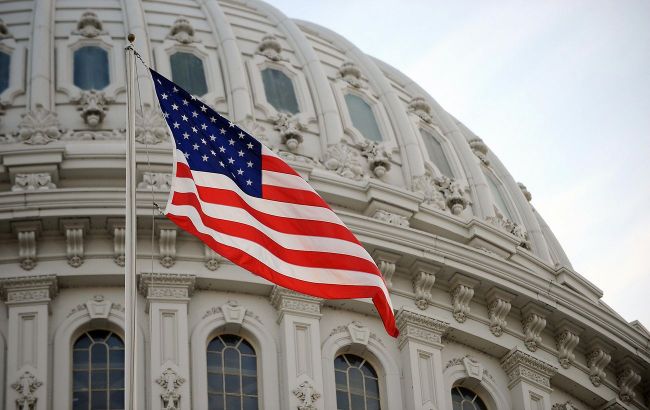US Senate pauses consideration of new sanctions on Russia
 Congress is in no rush to consider new sanctions against Russia (Photo: Getty Images)
Congress is in no rush to consider new sanctions against Russia (Photo: Getty Images)
The upper chamber of the US Congress has postponed consideration of a new US sanctions package against Russia. The delay comes ahead of the planned summit between Presidents Donald Trump and Vladimir Putin in Budapest, reports Bloomberg.
“At least at the moment, we’re kind of hitting the pause button. We’ve been trying to do this all along in concert with the White House,” Senate Republican Majority Leader John Thune said on Monday.
He added that a decision on bringing the bill up for consideration will be made after the Trump-Putin summit in Budapest.
Last week, Thune said he doesn’t want to set a hard deadline, but it will be soon. He added that a vote could take place within the next 30 days.
Additionally, the Senate Republican leader noted that Lindsey Graham, one of the bill’s authors, is working with the White House to determine whether the Trump-Putin summit will be productive and help move the process forward.
“If it doesn’t, I still think the sanctions bill is a tool in the president’s tool chest that he can use against the Russians to get them to the table,” Thune said.
Crippling sanctions against Russia
In April, Republican Senator Lindsey Graham, together with Democrat Richard Blumenthal, introduced a bill aimed at significantly strengthening sanctions against Russia. The restrictions would be imposed if Putin refuses to negotiate an end to the war in Ukraine.
The bill, which has not yet been brought to a Senate vote, proposes tough sanctions against Russia and its allies that consume Russian energy resources.
It would codify existing restrictions and impose tariffs of up to 500% on imports from countries that purchase Russian energy and do not support Ukraine. The measures would most strongly affect China and India, the main consumers of Russian energy.
At least 85 senators are ready to support the bill, but consideration has stalled due to Trump’s instruction not to rush the matter.
Administration officials have previously expressed doubts about the effectiveness of additional sanctions. Secretary of State Marco Rubio said in May that, according to Trump, Moscow might refuse to enter peace negotiations if the US presses with new sanctions.
Additionally, the White House believes that imposing anti-Russian sanctions could limit Washington’s ability to act as a mediator in peace talks between Ukraine and Russia.
The Trump-Putin summit is scheduled to take place within the next two weeks in Budapest. The meeting will be bilateral, with Ukrainian President Volodymyr Zelenskyy participating remotely in a mediator role.

